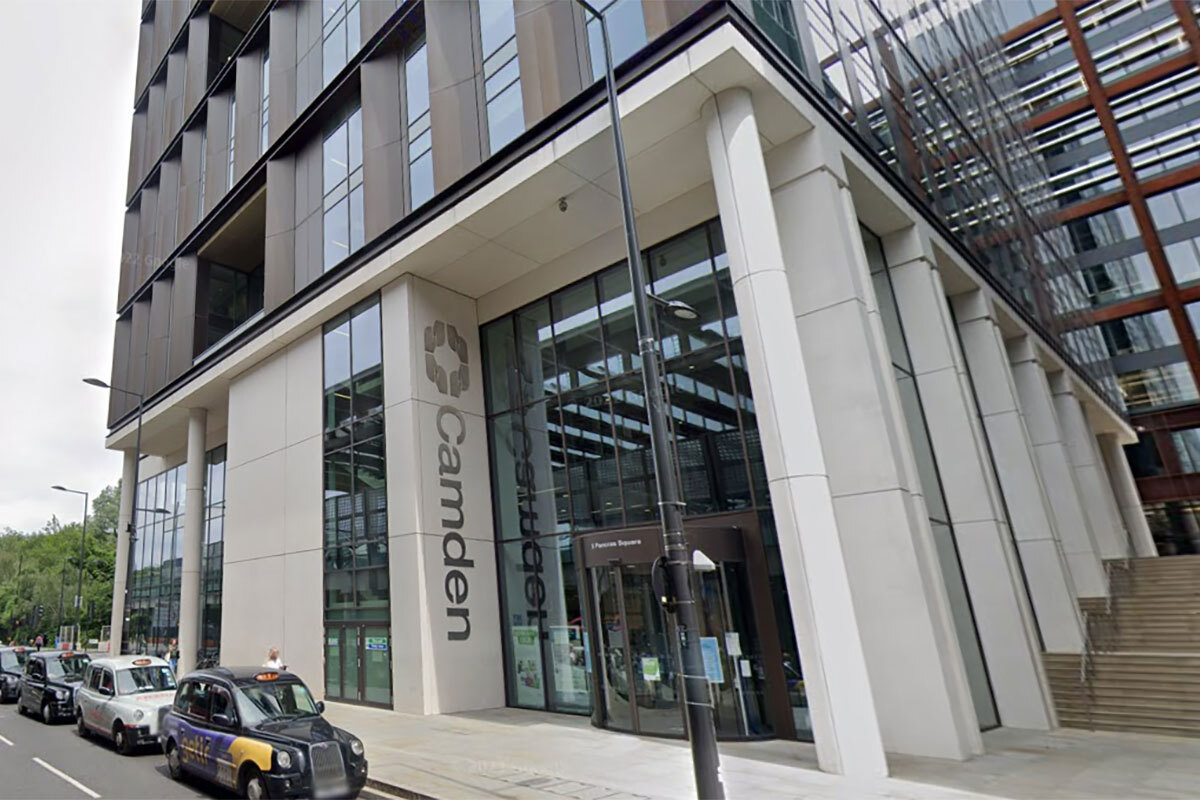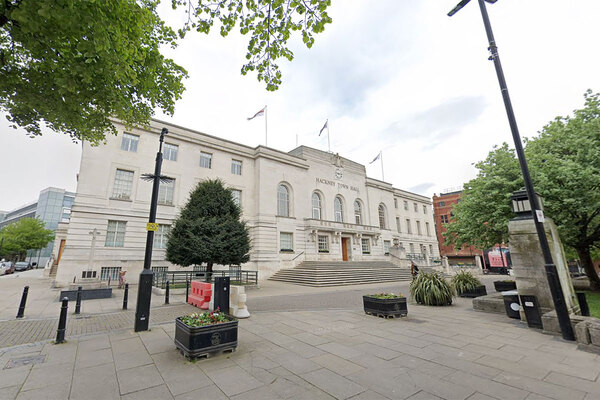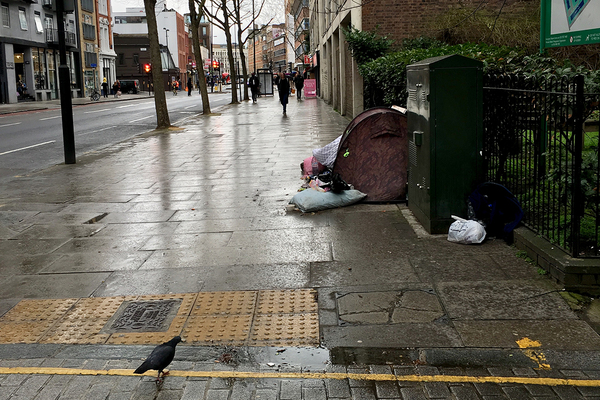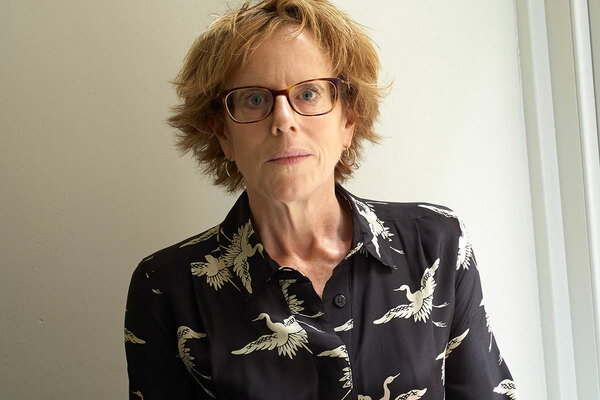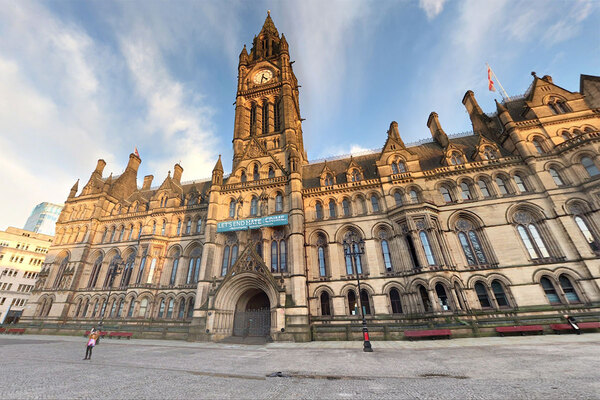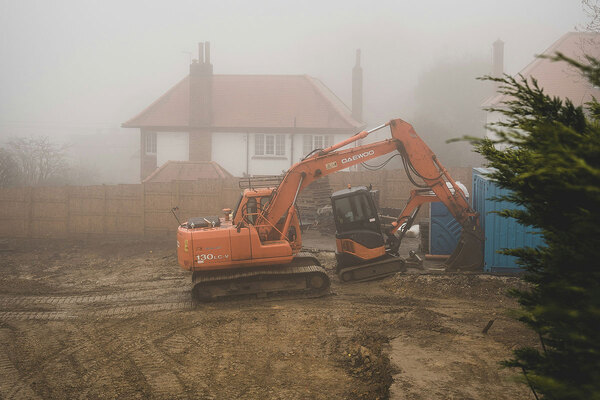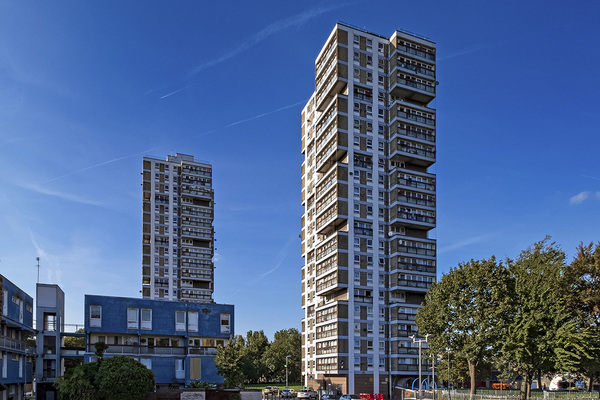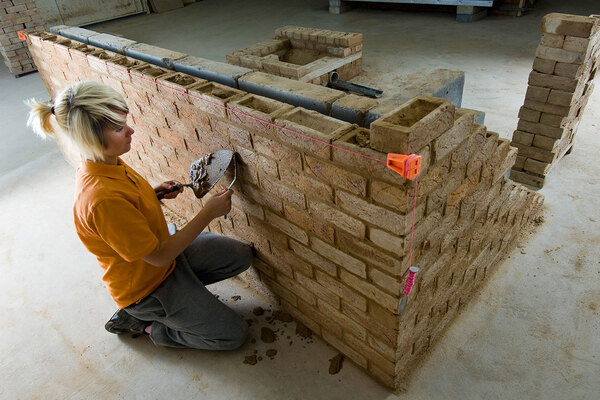More than 40% of people approaching council’s rough sleeping service not eligible for assistance
More than 40% of people approaching for Camden Council’s rough sleeping service in November had no recourse to public funds (NRPF).
According to a new council report going before the local authority’s housing scrutiny committee today, “43% of those who approached the council’s rough sleeping service had no recourse to public funds”.
This means they are not eligible for homelessness assistance.
The report states: “It is worth noting that a person who is subject to the no recourse to public funds condition, or who does not have any current immigration permission, will not be eligible for homelessness assistance or a housing allocation. This puts limitations on the council’s ability to assist everyone that approaches.
“Last month, 43% of those who approached the council’s rough sleeping service had no recourse to public funds.”
The report provides an update about the work undertaken by the allocations, sheltered housing, and rough sleeping teams at the council.
It comes after London Councils’ research revealed that the number of homelessness presentations made by refugees and asylum seekers evicted from Home Office accommodation increased by 39% in October.
The cross-party group warned that the number will rise even further in the coming months, as the government continues ramping up the number of asylum decisions and works to close several hotels by the new year.
It said that boroughs are struggling with a severe shortage of accommodation, while many have reported having nothing to offer refugees who sleep rough.
It said this was exacerbated by the Home Office providing no funding to local authorities to support asylum seekers in hotels since April this year.
The Home Office said that it is “committed to ensuring asylum claims are considered without unnecessary delays” and it is “working with local authorities to help communities manage the impact of asylum decisions as the legacy backlog reduces”.
Camden Council’s report said: “Rough sleeping is a significant issue not just for Camden, but across London, with around 4,000 people recorded as having slept rough in the capital this summer.
“This is a 12% increase on 2022 levels, and has been driven by multiple factors, including lack of affordable housing options; reduction in government funding available for homelessness prevention work; and more recently, the Home Office fast-tracking decisions to grant asylum seekers indefinite leave to remain which has increased those rough sleeping and approaching the council as homeless.”
The council said that despite this, it commits £26.6m a year to reducing homelessness in the borough.
“Camden’s central London locations and transport hubs means it is one of the top five local authorities most affected by rough sleeping: supporting between 100 to 130 people rough sleeping a month.
“However, since the introduction of the Routes off the Street service in 2018, Camden has reduced the numbers of rough sleepers due to targeted intervention.
“Between 2022 and 2023 Routes off the Street achieved 443 accommodation outcomes for people who were rough sleeping.”
A Camden Council spokesperson said: “Camden’s central London location and international transport hubs mean that our borough sees some of the highest numbers of people sleeping rough in the country, many of whom do not have recourse to public funds.
“This means that they are unable to access some longer-term support that would otherwise be available to them and the options that we can provide are limited by national legislation.
“Camden is lobbying for greater support for people with no recourse.
“At the same time we are working hard to ensure that every person sleeping rough in Camden receives an offer of support that means that they no longer have to sleep rough and are able to rebuild their lives away from the street.
“Our street outreach service offers targeted and specialist support for people with limited recourse to public funds.
“This includes commissioning dedicated immigration and employment advice services, a specialist reconnection and advocacy team, and supported accommodation for people without recourse to public funds that provides a break from rough sleeping and offers support accessing longer-term options like accommodation in the private sector.
“However, this year we are seeing demand placed on these already overwhelmed services from people leaving Home Office accommodation, after receiving an asylum decision, who have no option but to sleep rough.
“We are seeing up to four times as many refugees sleeping rough on our streets compared to this time last year.
“We are calling on the Home Office to help put an end to this by working closer with councils when evictions take place and to ensure support is provided when asylum decisions are being made to stop refugees and asylum seekers ending up sleeping on our streets.”
Sign up for our homelessness bulletin
Already have an account? Click here to manage your newsletters
